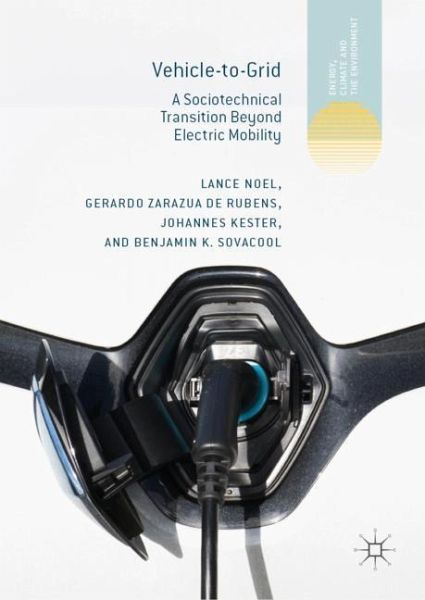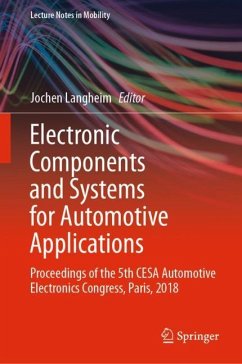
Vehicle-to-Grid
A Sociotechnical Transition Beyond Electric Mobility

PAYBACK Punkte
57 °P sammeln!
This book defines and charts the barriers and future of vehicle-to-grid technology: a technology that could dramatically reduce emissions, create revenue, and accelerate the adoption of battery electric cars. This technology connects the electric power grid and the transportation system in ways that will enable electric vehicles to store renewable energy and offer valuable services to the electricity grid and its markets. To understand the complex features of this emergent technology, the authors explore the current status and prospect of vehicle-to-grid, and detail the sociotechnical barriers...
This book defines and charts the barriers and future of vehicle-to-grid technology: a technology that could dramatically reduce emissions, create revenue, and accelerate the adoption of battery electric cars. This technology connects the electric power grid and the transportation system in ways that will enable electric vehicles to store renewable energy and offer valuable services to the electricity grid and its markets. To understand the complex features of this emergent technology, the authors explore the current status and prospect of vehicle-to-grid, and detail the sociotechnical barriers that may impede its fruitful deployment. The book concludes with a policy roadmap to advise decision-makers on how to optimally implement vehicle-to-grid and capture its benefits to society while attempting to avoid the impediments discussed earlier in the book.














